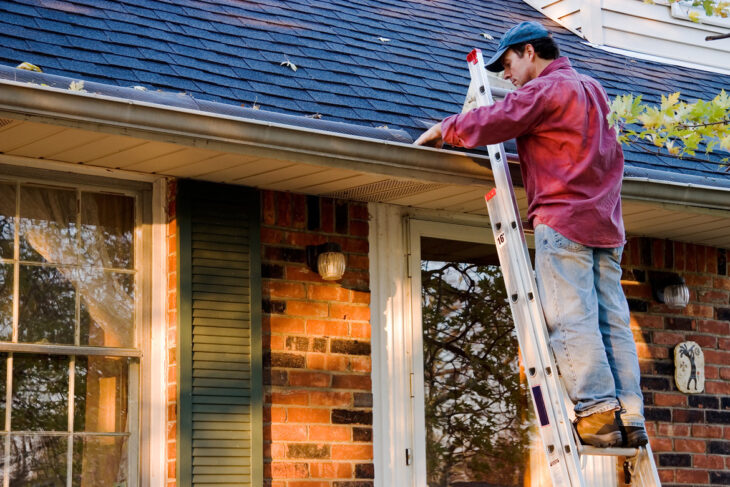Beware of “Baked Checks” — A Growing Fraud Trend Targeting Young Adults
August 14, 2025

Patriot’s Fraud Department was recently notified by law enforcement of a concerning rise in fraud cases targeting young adults through Instagram. Criminals are baiting individuals into opening new accounts for the purpose of depositing what’s known as a baked or cooked check.
What is a Baked Check?
A baked check is different from the more well-known washed check.
- Washed Check: A stolen check is physically altered by removing the ink—often with chemicals—and rewriting it with a different payee and/or amount.
- Baked (Cooked) Check: This is a digital version of check washing. Fraudsters scan or photograph a stolen, signed check, then use image editing software (such as Photoshop) to alter the check’s details. They then print one or more counterfeit checks for deposit.
These counterfeit checks are often deposited into accounts opened by individuals recruited—sometimes unknowingly—through social media scams. The account holder may be promised quick cash in exchange for “helping” deposit a check, but ultimately, they become involved in criminal activity and could face legal consequences.
Red Flags to Watch For
Be cautious if you encounter checks with any of the following warning signs:
- Suspicious payees
- Suspicious dollar amounts
- Out-of-sequence check numbers
- Duplicate check numbers
- Duplicate memo from a previously issued check
- Altered or inconsistent memo line
- Altered payee name
- Poor paper quality or printing
- Check number that does not match the check number in the MICR line
- MICR line for check number appears altered
Protect Yourself
- Never agree to open an account or deposit a check for someone you’ve only met online.
- If a check seems suspicious, do not deposit it — bring it to your financial institution immediately.
- Educate young adults in your life about this scam and how criminals use social media to target them.
- Report suspicious activity to your bank or credit union and law enforcement right away.
Fraudsters are constantly evolving their tactics, but by staying alert and informed, you can help protect yourself — and your community — from these schemes.
Disclosures
-
This credit union is federally insured by the National Credit Union Administration.
-
Equal Housing Lender



